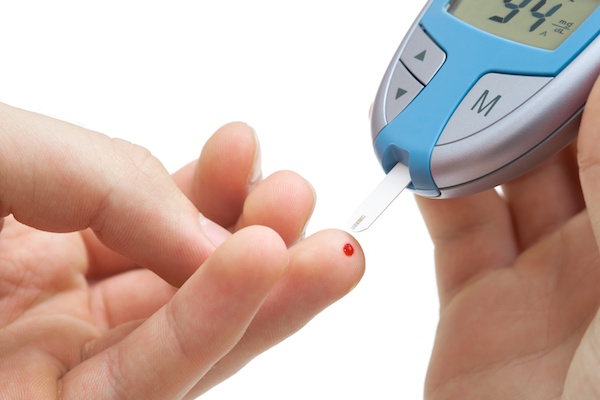
THURSDAY, March 11 (HealthDay News) — A mutation that affects how the body responds when a person smells or tastes food may play a role in the development of type 2 diabetes in some people, U.S. researchers report.
“Our study showed there is a novel genetic mutation through which some type 2 diabetic people could be vulnerable to the gradual onset of this disease,” study senior author Vann Bennett, a professor in the departments of cell biology, biochemistry and neurobiology at Duke University Medical Center, said in a news release from the school.
He said this gradual development of diabetes “happens through what is called the parasympathetic nervous system, not directly through eating food. We think this parasympathetic response is potentially very important in type 2 diabetes.”
When people eat or smell food, their bodies begins to secrete insulin. A molecule called ankyrin B plays an important role in insulin response.
Experiments with mice lacking the molecule showed that ankyrin B deficiency impairs the parasympathetic chain of events that lead to insulin secretion. This has a measurable effect on blood sugar levels.
Further investigation revealed that one type of mutation in ankyrin B was associated with type 2 diabetes in Hispanics and whites.
The study was published online March 11 in the journal Science Signaling.
More information
The U.S. National Institute of Diabetes and Digestive and Kidney Diseases has more about type 2 diabetes.

